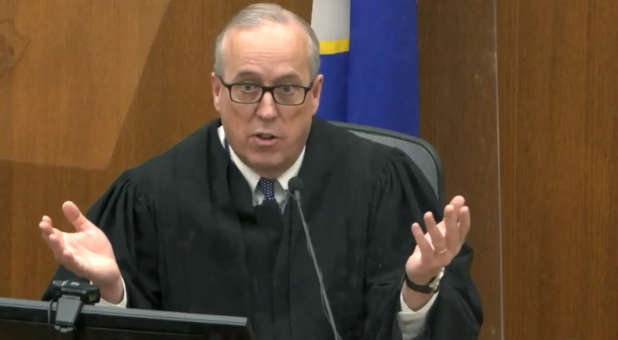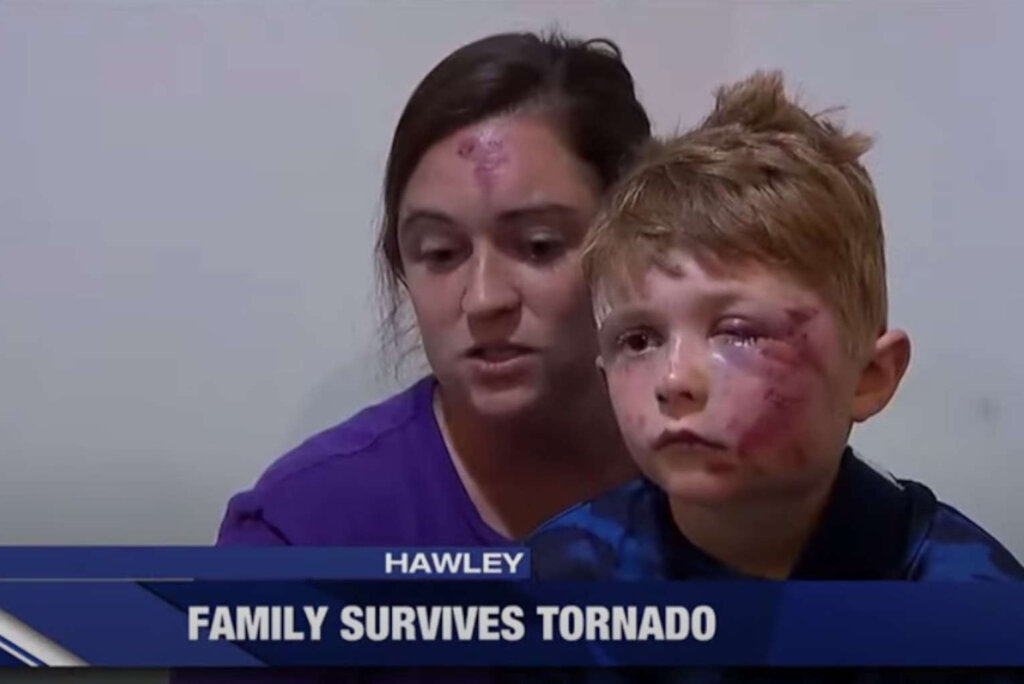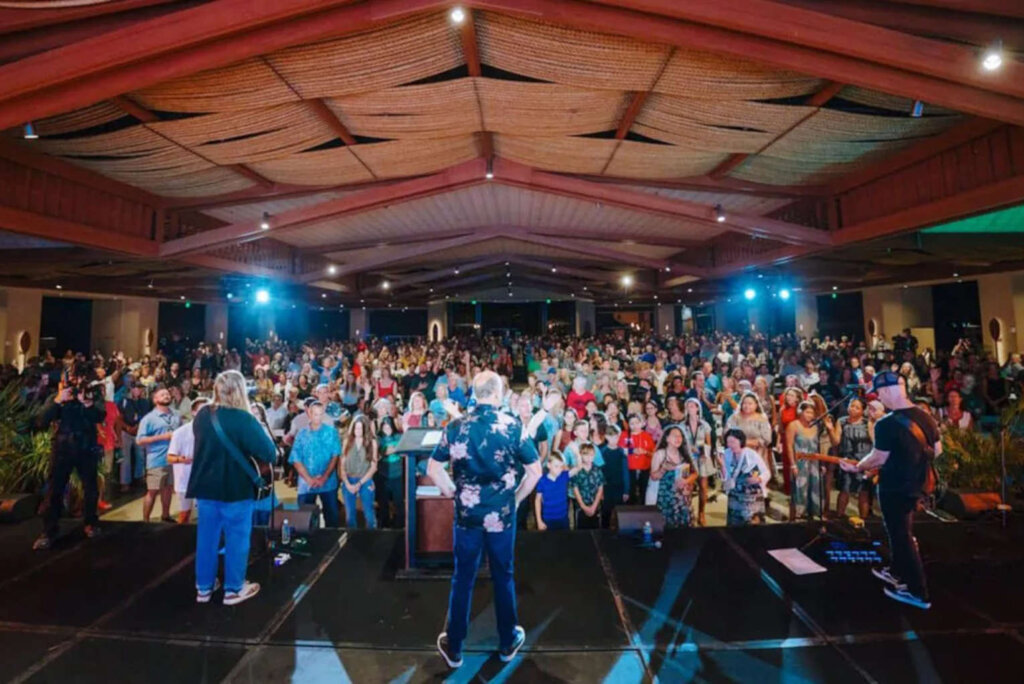A judge on Thursday granted prosecutors’ request to add a third-degree murder charge against a former Minneapolis police officer charged in George Floyd’s death, a move that offers jurors an additional option for conviction and finally resolves an issue that might have delayed his trial for months.
Hennepin County Judge Peter Cahill reinstated the charge after the former officer, Derek Chauvin, failed to get appellate courts to block it. Cahill had earlier rejected the charge as not warranted by the circumstances of Floyd’s death, but an appellate court ruling in an unrelated case established new grounds for it.
Chauvin already faced second-degree murder and manslaughter charges. Legal experts say the additional charge helps prosecutors by giving jurors one more option to convict Chauvin of murder.
The dispute over the third-degree murder charge revolved around wording in the law that references an act “eminently dangerous to others.” Cahill had earlier dismissed the charge as not appropriate for the case, where Chauvin’s conduct might be construed as not dangerous to anyone but Floyd.
But prosecutors sought to revive the charge after the state’s Court of Appeals recently upheld the third-degree murder conviction of another former Minneapolis police officer in the 2017 killing of an Australian woman. They argued that the ruling established precedent that a third-degree murder charge may be brought even in a case where only a single person is endangered.
Arguments over when precedent from former officer Mohamed Noor’s case took effect went swiftly to the state’s Supreme Court, which on Wednesday said it would not consider Chauvin’s appeal of the matter. Cahill said Thursday he accepts that precedent is now clear.
“I feel bound by that and I feel it would be an abuse of discretion not to grant the motion,” he said.
Floyd was declared dead on May 25 after Chauvin, who is white, pressed his knee against the Black man’s neck for about nine minutes. Floyd’s death sparked sometimes violent protests in Minneapolis and beyond, leading to a nationwide reckoning on race.
The ruling came ahead of resumption of jury selection Thursday. Five jurors have been seated after just two days of screening by attorneys and the judge, who has set aside at least three weeks to fill the panel.
Attorneys have given considerable attention to the jury pool’s attitudes toward police in the first two days of questioning, trying to determine whether they’re more inclined to believe testimony from law enforcement over evidence from other witnesses to the fatal confrontation.
The first juror picked Wednesday, a man who works in sales management and grew up in a mostly white part of central Minnesota, acknowledged saying on his written questionnaire that he had a “very favorable” opinion of the Black Lives Matter movement and a “somewhat unfavorable” impression of the Blue Lives Matter countermovement in favor of police, yet “somewhat agreed” that police don’t get the respect they deserve. He said he agrees that there are bad police officers.
“Are there good ones? Yes. So I don’t think it’s right to completely blame the entire organization,” he told the court under questioning from prosecutor Steve Schleicher.
He also said he would be more inclined to believe an officer over the word of another witness. But he said he could set aside any ideas about the inherent honesty of an officer and evaluate each witness on their own.
The second, a man who works in information technology security, marked “strongly agree” on a question about whether he believes police in his community make him feel safe. His community wasn’t specified—jurors are being drawn from all over Hennepin County, which includes Minneapolis and many of its suburbs.
“In my community, I think when there is suspicious activity the police will stop by, they will ask a question,” he said. “I think that sense of community is all we want right? We want to live in a community where we feel safe regardless of race, color and gender.”
Schleicher noted that the man also stated in his questionnaire that he strongly disagreed with the concept of “defunding” the police, which has become a political flashpoint locally and across the country in the wake of Floyd’s death. {eoa}
© 2021 The Associated Press. All rights reserved.
Follow breaking news like this and more in our new platform, CHARISMA PLUS.
See an error in this article?
To contact us or to submit an article
























